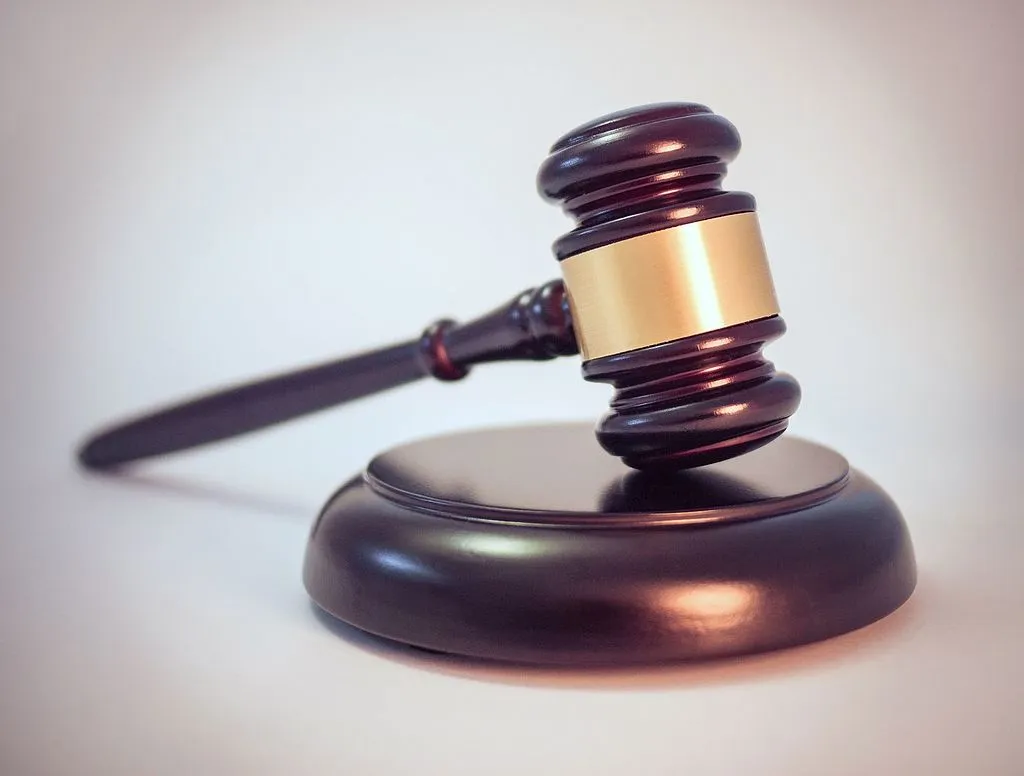In a week that witnessed the state’s print media question the importance of a HuffPost article focusing on the Kentucky Attorney General’s persistent disdain for transparency and accountability — and not, as some suggested, on why records indicate he has not personally swiped into the Capitol — there has been a major development in American Oversight v. Office of the Attorney General.
On July 18, 2023, the Franklin Circuit Court ordered American Oversight “to conduct depositions of the designated representative, or representatives, of OAG to address any factual disputes that remain unresolved regarding compliance with the prior Orders of this Court, including but not limited to ... the scope of the OAG’s original and supplemental searches for the requested documents.”
“It appears,” the court observed, “that there continues to be a dispute as to whether the Attorney General has produced all documents and records that are required to be produced under the Open Records Act, as determined in this Court’s prior Orders.”
In 35 years of open records practice, I can recall no prior case in which a court has ordered representatives of the Attorney General to submit to a deposition in a dispute centered on the Attorney General's failure to discharge his basic legal duties, not as the first line mediator of open records appeals, but as custodian of the records of his own office.
For those who have followed American Oversight v Office of the Attorney General, you may recall that the case was initiated in January 2021 after Cameron substantially denied the nonpartisan nonprofit watchdog’s June 2020 request for operational records of his public task force on “ballot integrity.” When American Oversight appealed that denial, Cameron affirmed his office’s actions.
American Oversight then appealed to the Franklin Circuit Court. The court was unconvinced by Cameron’s position, resolving the open records lawsuit against the attorney general in July 2022.
In this decisive victory for open government, the court questioned the adequacy of the attorney general’s search for records responsive to American Oversight’s request, declaring that open records requesters “cannot be expected to know all relevant search terms or places where the agency may file such records. To place that burden on the requestor is to invite the agency to hide relevant records that are obscurely labeled or stored in deep recesses of its bureaucratic records system. It is the duty of the agency to conduct an open, thorough, and good faith search of its records in response to an Open Records request.”
The court also repudiated the Attorney General’s attempt to expand the scope of the preliminary documents exceptions to the open records law and his attempt to extend the “permanent exception” for county and Commonwealth's Attorneys' criminal litigation files, KRS 61.878(1)(h), to non-criminal and non-litigation records of the Attorney General.
Cameron’s failure to conduct a good faith search for responsive records — even after the circuit court ruled against him and ordered him to do so —necessitated a return to the court in hearings aimed at compelling him to discharge his first and most fundamental duty under the open records law.
|
Cameron has continued to drag his feet, and one year after the Franklin Circuit Court ruled against him – three years after American Oversight submitted its original records request – the open records dispute lingers.
“It appears from the Attorney General’s response that at least two of the officials of the Office of Attorney General who were involved in the response to this Open Records request have since departed from employment of the OAG,” Judge Phillip Shepherd wrote in the July 18 order.
“While the Attorney General argues that his office has conducted a comprehensive search, and a follow up search after the Court’s last order, the details of the records search remain unclear. Plaintiff asserts that the OAG’s search was inadequate in that it did not broaden the scope or seek the identities of other employees who may have had custody of such records, and the supplemental search failed to provide unproduced and uncorrupted files.
“The Court believes that the resolution of these questions, which appear to be very much in dispute, requires supplemental fact finding.”
The Attorney General continues to obfuscate and American Oversight continues to wait for the requested records.
Do not doubt that each of the legal issues addressed in American Oversight v Office of the Attorney General are critical to the open records law – in particular, the issue of the adequacy of the public agency’s search for public records responsive to an open records request, and the degree of specificity with which the requester must frame a request to trigger the agency’s duty to conduct a good faith search.
And do not doubt that every story demonstrating Daniel Cameron’s disdain for open records and open meetings is critical to assessing his likely approach to transparency and accountability should he be elected governor — yes, even a story ostensibly about a key fob.
--30--
| Tip Jars |








